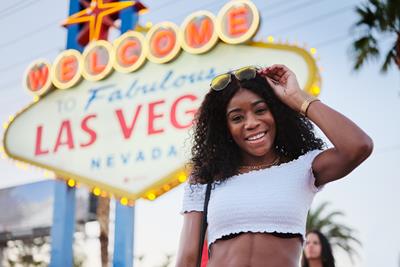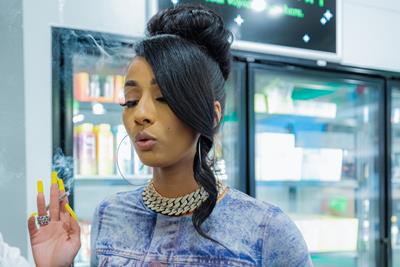
Friday October 2, 2020
By Erin Hiatt
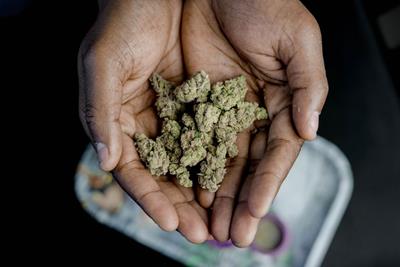 420 Culture
420 Culture
Greek philosopher Heraclitus of Ephesus said that change is the only constant in life, and 2020 is serving up change smorgasbord-style: Can’t go anywhere due to a once-in-a-century pandemic? Check. Take to the streets to protest systemic racism and injustice? Check. Try to figure out how to help family and friends fleeing hurricanes, tornadoes, and wildfires (did I mention there was a pandemic!)? Check, check, and check.
If there is a silver lining to be found, some people are using these disruptions as opportunities to assess societal systems and habits they had not really paid much attention to in the past. For some cannabis consumers, this time of reflection is bringing a fuller realization that the cannabis industry, while making attempts at cannabis equity and environmental sustainability, continues to fall short.
Addressing Change in the Cannabis Market
Even though cannabis is legal to purchase and consume in many states, there are still people who are serving life sentences for nonviolent cannabis-related offenses. Black business owners have trouble obtaining licensing and lack equal access to capital.
When we look at the environmental impact of the cannabis space, businesses continue to guzzle water and electricity, and use non-recyclable, single-use plastic packaging that gets tossed in the landfill.
But money talks, and buyers in the both Gen Z and Millennial demographics want the companies they buy from to be both sustainable and unafraid of taking a stance on social issues. Some businesses are heeding the call and are working to have a strong business while still making the world a better place. Here are five companies doing it right that everyone should check out.
Method Man’s TICAL
Wu-Tang Clan member, rapper and actor Method Man took his business name from his first 1994 solo album, “Taking All Lives Into Consideration.” TICAL, in partnership with California grower Clone Guy Industries, are creating their own strains (there are three so far, Cake, Gelato, and Crusher) to go on sale in Black-owned CA dispensaries.
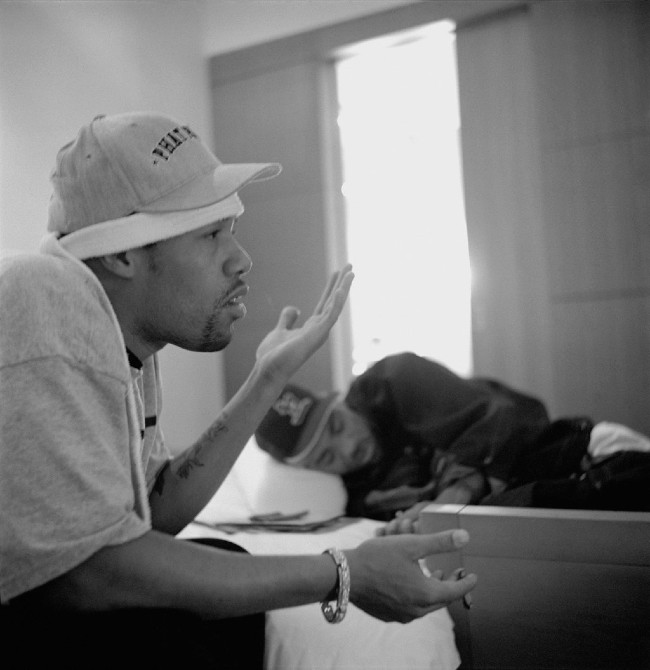
TICAL is also planning to advocate for cannabis legalization and fight against racism in law enforcement. In a statement, Method Man iterated his commitment to social justice, saying, “Personally, it is essential that we use our brand to help bring awareness to the social, systemic, and economic injustice in communities that have struggled with oppressive mass incarceration and racially-biased policing procedures.”
Foria
This wellness-focused cannabis company best known for its female-oriented intimacy products is placing emphasis on both social consciousness and environmental sustainability. Foria regularly hosts online conversations with industry experts focusing on sexual health, diversity in the cannabis industry, and body positivity.

Foria also donates a portion of their sales to LGBTQ+ organizations like the L.A. LGBT Center and the Audre Lorde Project. Recently, Foria launched a rebrand of their creative design, featuring a new look and more sustainable packaging.
Bloom Farms
Founded with social good written into its mission statement, Bloom Farms practices sustainable farming, never uses artificial terpenes or other ingredients, uses BAP-free cartridges, and employs a petroleum-free extraction process.
The California-based company also focuses on hunger in their 1 for 1 initiative, which promises that for every product purchased, a healthy meal will be donated to a food-insecure individual or family.
Viola
At Viola, social justice for communities hardest hit by discriminatory drug policies is its founding credo. Established by former NBA player Al Harrington, their mission is to “empower minority ownership by creating a coalition of minority investors who own and operate Viola.
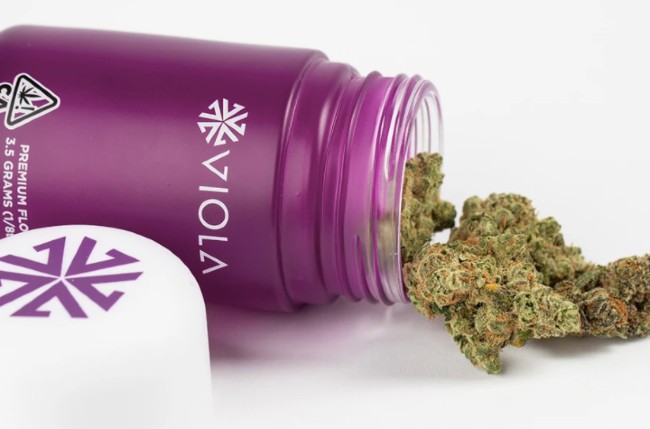
They have also worked with Los Angeles-area food pantries to feed the food insecure, and have so far committed more than $500,000 to guide more than twenty applicants through L.A.’s cannabis social equity program.
Charlotte’s Web
This Colorado-based CBD company Charlotte’s Web has found itself in the spotlight over the past few years, specifically for creating the strain that shares the company’s name, which helped a young patient named Charlotte Figi manage an intractable form of epilepsy called Dravet’s Syndrome (Figi, who inspired the nationwide CBD movement, died in April).
Recently, the company earned its B Corporation Certification, a rigorous process that evaluates social and environmental performance for inclusion. B Corporations are defined as for-profit companies that use the power of their business to build inclusive and sustainable economies by creating high-quality jobs, reducing inequality, and working toward a healthier environment.
Cannabis and Positive Social Impact
At the onset of the pandemic, many cannabis companies pivoted to help their communities by making hand sanitizer and personal protective equipment like masks to supply healthcare facilities and frontline workers. Others donated coffee, food, and gave free CBD products to health workers. While doing the right thing during a pandemic seems to be a no-brainer, let’s hope that good will carries over into socially conscious and ethical practices that last.
What are some of your favorite socially conscious cannabis brands? Share in the comments below!




